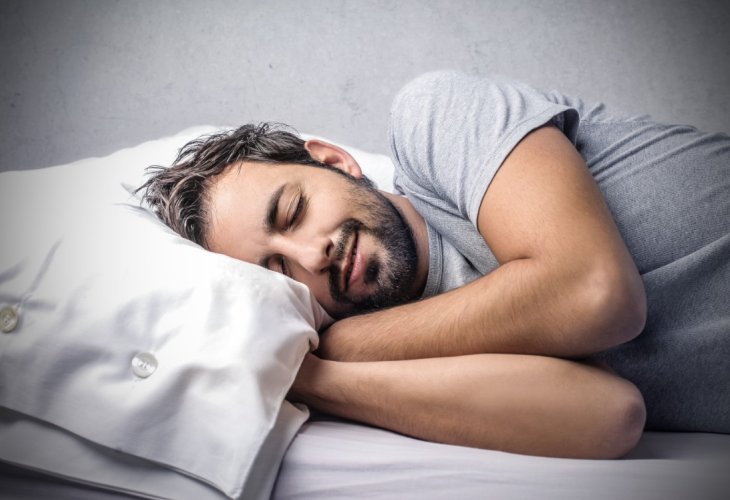Depression and Anxiety
Sleeping with Lights On? Why Nighttime Light Exposure Could Increase Depression Risk
A new study reveals that even minimal light in your bedroom may disrupt sleep and elevate the risk of depression

A new study suggests that your sleeping environment- specifically whether you sleep in the dark or with some light- may play a significant role in your mental health. Researchers found that even minimal light exposure in the bedroom could increase the likelihood of experiencing depression.
The study, led by Professor Kenji Obayashi from the Department of Epidemiology at Nara Medical University in Japan, revealed a direct connection between bedroom light levels and mood changes. According to the findings, sleeping in a completely dark room may help prevent depression. This strengthens the theory that total darkness during sleep isn't just important for sleep quality, but also for emotional well-being.
To conduct the study, light sensors were placed above 863 participants’ beds for two nights. Participants also kept sleep journals to track their sleep duration and quality. In parallel, researchers monitored them for signs of depression over the study period.
The results showed a clear link: those exposed to nighttime light above 5 lux (a minimal amount equivalent to the brightness of a candle from 1.5 meters away) were more likely to report symptoms of depression compared to those who slept in total darkness and had uninterrupted sleep.
While the study didn’t specify how long the light exposure needed to last to cause disruption, earlier animal studies have shown that even four weeks of nighttime light exposure can potentially trigger adverse effects.
Additional studies have previously shown that poor sleep quality is linked to increased risk of mental health disorders. Light during the night can disrupt the secretion of melatonin- the hormone responsible for regulating the body's internal clock. Interference with melatonin production has been directly tied to mood disorders.
Though this particular study was conducted on older adults, researchers emphasized that the impact of nighttime light exposure may be even more pronounced in younger individuals, as their eyes are more sensitive to light. “A 70-year-old’s eyes absorb about one-fifth the amount of light as those of a teenager,” the researchers explained. “No matter your age, it’s important to minimize light sources during sleep.”

